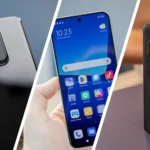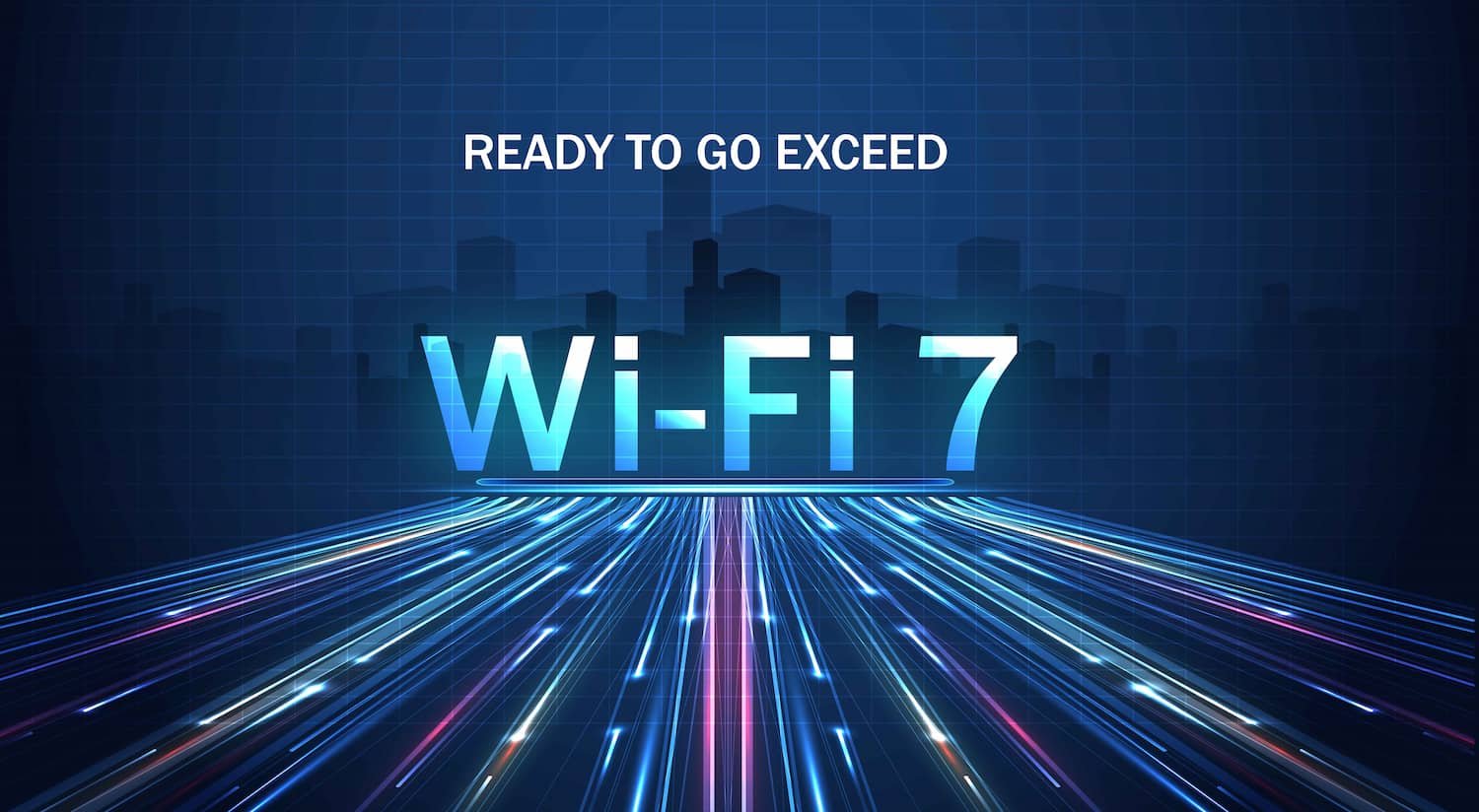Microsoft’s recent announcement regarding Wi-Fi 7 support has sparked significant discussion and concern among Windows 10 users. The decision to restrict Wi-Fi 7 compatibility exclusively to Copilot PCs represents a strategic move aimed at promoting their latest line of devices. However, it also raises questions about accessibility, technological advancement, and the implications for the broader Windows ecosystem.
Understanding Wi-Fi 7: Next-Generation Wireless Standard
Wi-Fi 7, also known as 802.11be, represents the latest evolution in wireless networking technology. Promising faster speeds, lower latency, and improved efficiency, Wi-Fi 7 is poised to revolutionize connectivity for both consumers and businesses. Its advanced features include support for multiple-input multiple-output (MIMO) configurations, enhanced security protocols, and greater spectrum efficiency, paving the way for superior wireless performance in diverse environments.
Microsoft’s Copilot Strategy: Exclusivity and Differentiation
By limiting Wi-Fi 7 support to Copilot PCs, Microsoft aims to differentiate its flagship devices in a competitive market landscape. Copilot PCs leverage AI-driven capabilities and seamless integration with Microsoft services, offering enhanced productivity and user experiences. The inclusion of Wi-Fi 7 reinforces Microsoft’s commitment to delivering cutting-edge technology and future-proofing their devices against evolving connectivity standards.
Impact on Windows 10 Users: Accessibility and Options

For existing Windows 10 users and those considering upgrades, Microsoft’s Wi-Fi 7 exclusivity presents both challenges and considerations. Users outside the Copilot PC ecosystem may face limitations in accessing the full benefits of Wi-Fi 7, potentially impacting their connectivity experience and future device compatibility. This exclusivity highlights the importance of transparency and clarity in technological standards and compatibility across Windows devices.
Industry Response and Market Dynamics
The tech industry’s response to Microsoft’s Wi-Fi 7 strategy underscores ongoing debates about accessibility, interoperability, and consumer choice. Competitors and industry stakeholders may adopt alternative strategies to promote Wi-Fi 7 adoption across a broader range of devices, advocating for open standards and inclusive technological advancements. Market dynamics will likely influence future developments in wireless connectivity standards and device compatibility.
Looking Ahead: Evolving Connectivity Standards
As Wi-Fi 7 adoption expands and matures, the landscape of wireless connectivity will continue to evolve. Innovations in networking protocols, device interoperability, and consumer demand for seamless connectivity experiences will shape the future direction of technology. Microsoft’s decision regarding Wi-Fi 7 exclusivity serves as a catalyst for discussions on accessibility, innovation, and the evolving role of wireless technologies in modern computing.
Navigating Wi-Fi 7 Exclusivity in the Windows Ecosystem
In conclusion, Microsoft’s decision to limit Wi-Fi 7 support to Copilot PCs reflects strategic efforts to enhance device differentiation and promote advanced technology adoption. While this approach offers benefits for Copilot PC users, it also underscores the importance of inclusivity and transparency in technological standards across the Windows ecosystem. As Wi-Fi 7 continues to define the future of wireless connectivity, stakeholders must collaborate to ensure equitable access and seamless integration for all users.













